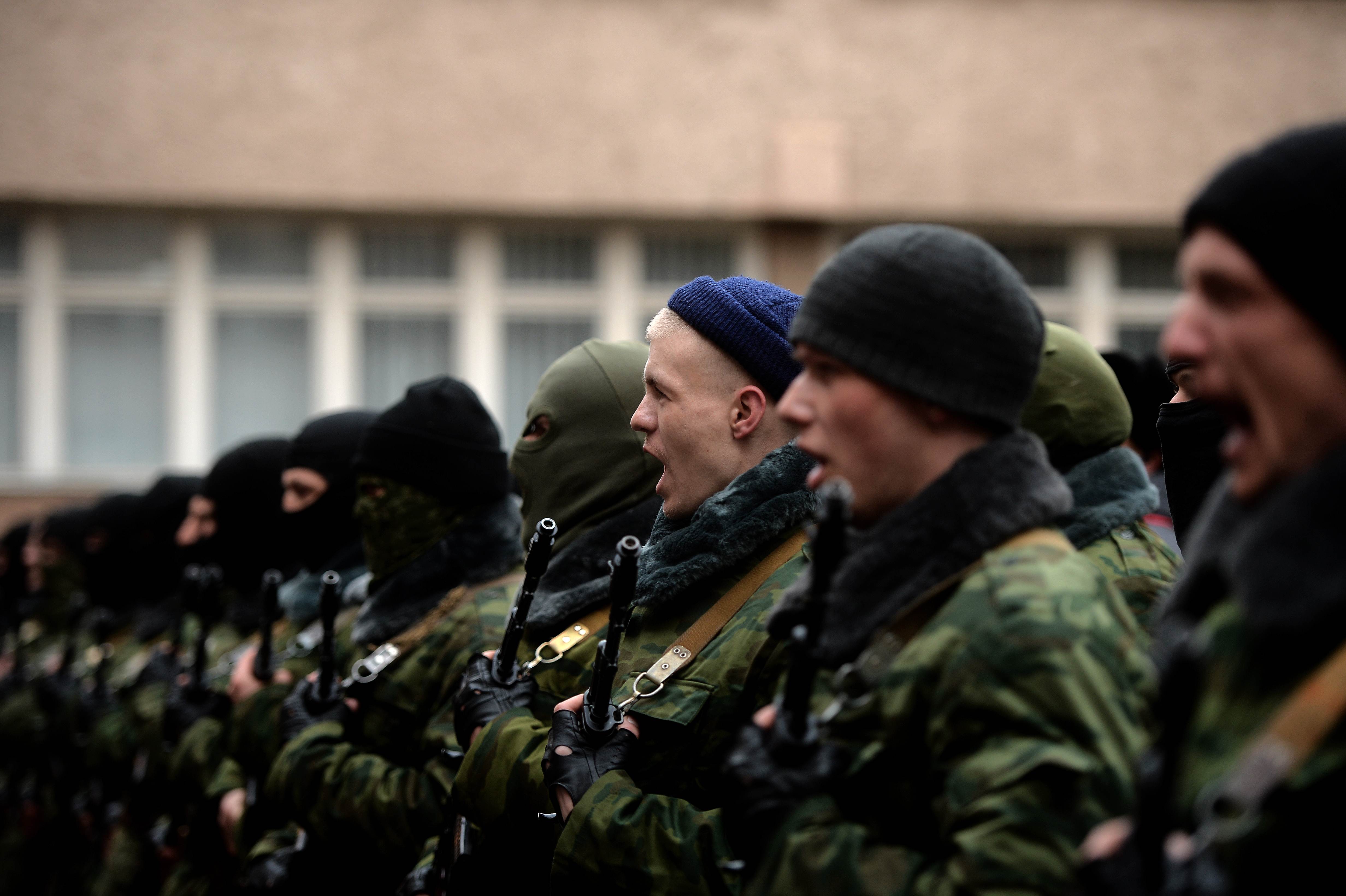When Russian President Vladimir Putin flew into the Ukrainian port of Sevastopol in Crimea last year, he made a pilgrimage to several sites associated with Russia's tumultuous history.
Clad in a somber dark suit, he laid a wreath at an imposing Soviet World War II memorial, visited a cathedral regarded as the cradle of Russian Christianity, and inspected Russia's Black Sea Fleet, recalling its czarist and Soviet-era glory.
His itinerary, meticulously choreographed by the Kremlin, goes some way in explaining why Putin, who has styled himself as a father of the nation-like figure overseeing Russia's rebirth as a great power, wants formal or informal control of Crimea.



